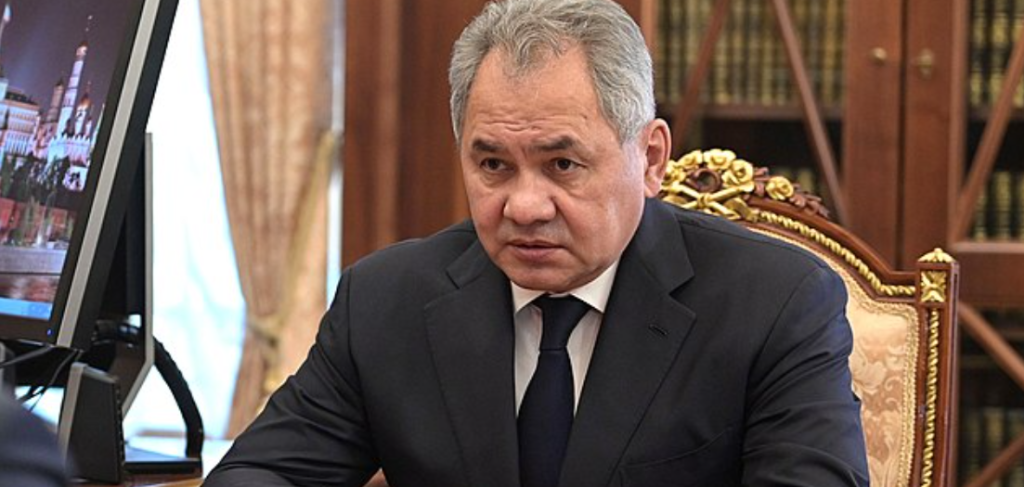Russia’s Myanmar engagement raises eyebrows in China.
Others are reading now
A directive from Sergei Shoigu, the head of Russia’s defense ministry, has garnered widespread attention in China, revealing the complexities of international relations and alliances.
This development, as reported by Chinese journalists, comes amid an ever-closer relationship between Russia and China, marked by a multitude of joint projects, including those in the security domain.
However, Shoigu’s latest order has seemingly introduced an element of surprise and speculation in Beijing, as detailed by NetEase according to AB News.
A High-Profile Russian Delegation in Myanmar
The focal point of this unexpected turn of events centers around Russia’s recent dispatch of a high-level delegation to Myanmar, led by Deputy Defense Minister Alexander Fomin.
Also read
Fomin, as the guest of honor at a military parade in Naypyidaw, Myanmar’s capital, not only represented Russia’s defense ministry but also conducted meetings with his Myanmar counterparts.
Order No. 77 and Its Implications
During one of these meetings, the Russian representatives read out Order No. 77, signed by Shoigu himself.
The order presented several senior Myanmar officers with medals for “Development of International Military Cooperation” and the “For Combat Brotherhood” medal.
This gesture by Russia, according to NetEase’s observers, has raised eyebrows in Beijing, leading to questions about Russia’s intentions and its stance towards the Myanmar military.
The Core of China’s Concerns
The crux of China’s concern lies in Myanmar’s current tumultuous situation and its strained relations with many countries, including China itself.
Thus, Russia’s defense collaboration with Myanmar and the awarding of medals to its officers have led to speculation in Beijing about Moscow’s ultimate goals in the region.
This move by Russia, seen as a sign of close cooperation with Myanmar, was particularly surprising to China, given Myanmar’s challenging international position and the limited support it receives.
China’s analysts have noted that Russia’s actions signify its role as virtually the only country currently offering support to Myanmar.
This situation has not only piqued interest but also raised questions about the future of Russia-China relations and their shared interests in the broader geopolitical landscape.


